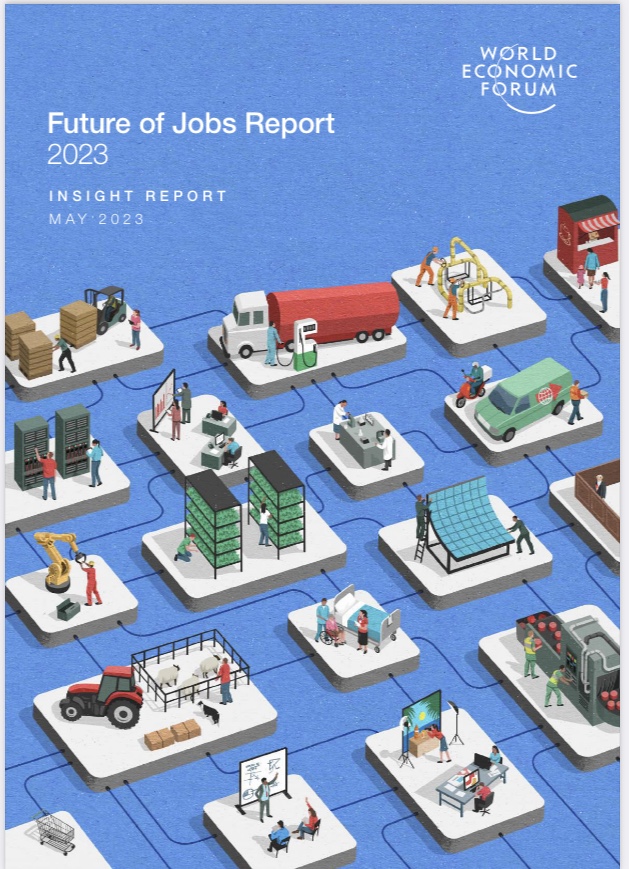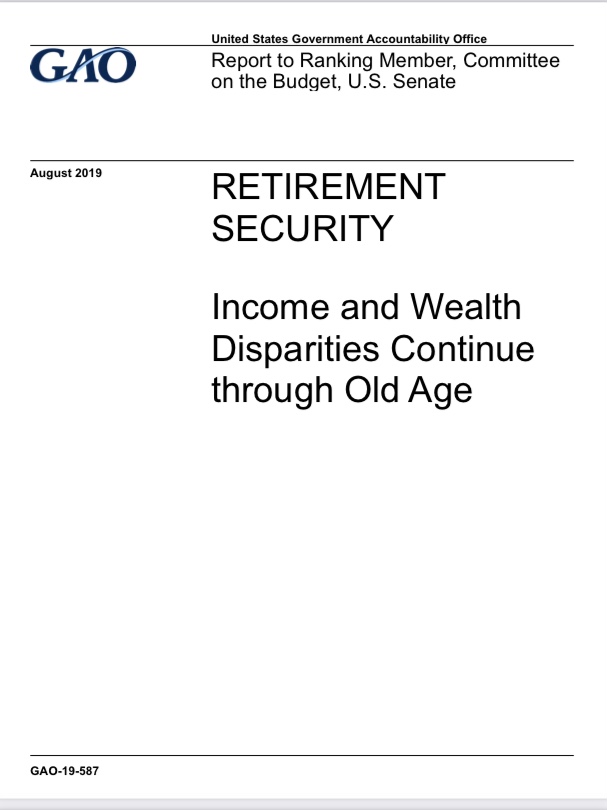Panorama fiscal de las pensiones en Colombia
Por Parra-Polania, Julian Llano, Jorge León, Ivan Leonardo & Santiago Urrea Rios En este documento extendemos el modelo económico usado en Parra et al. (2020) con el fin de incorporar dos grupos significativos que no fueron incluidos en el análisis original: los retirados cuya pensión es igual al salario mínimo y los individuos que no cumplen requisitos de pensión y, por tanto, obtienen una devolución de dinero (en cualquiera de los dos regímenes principales). Los resultados muestran un panorama similar...










